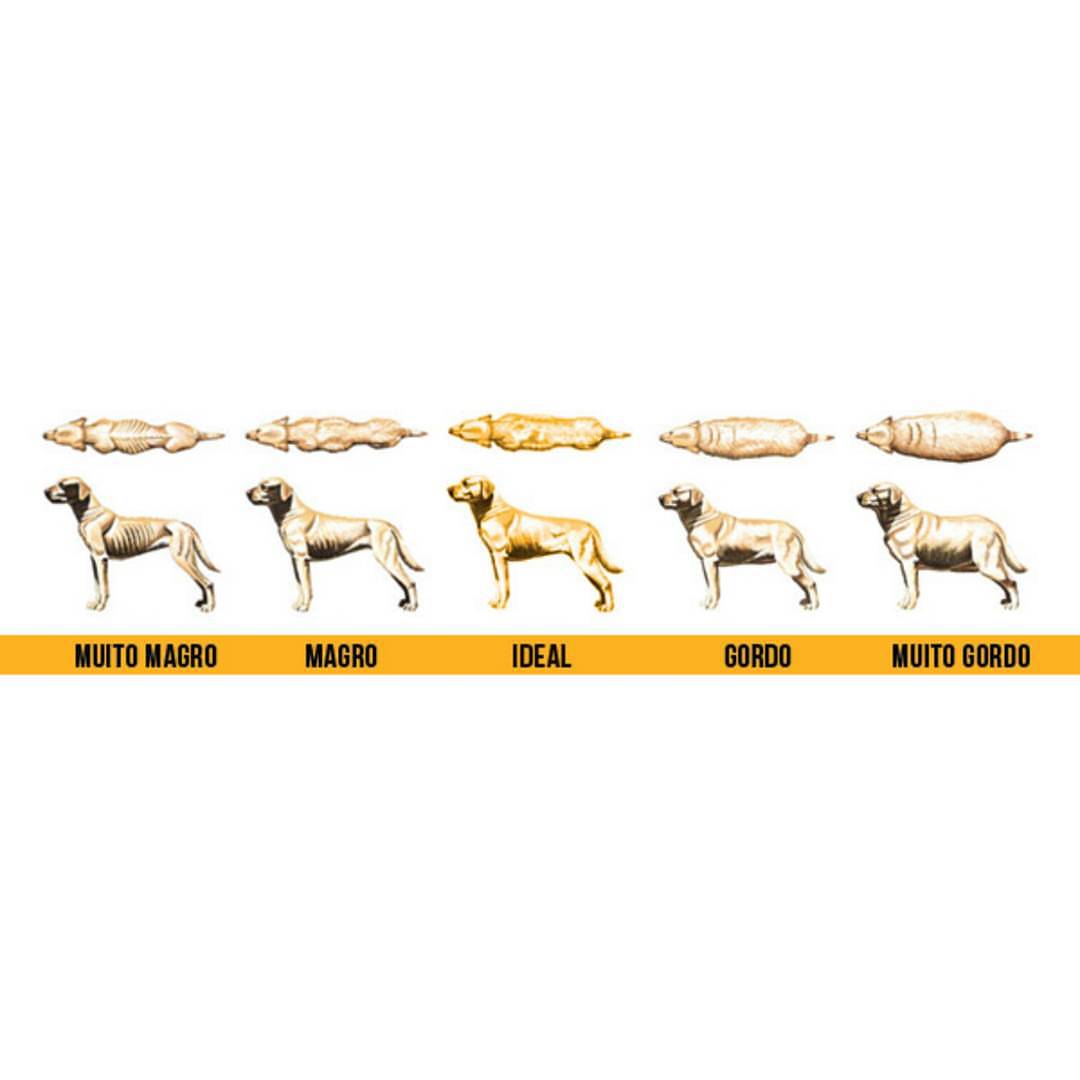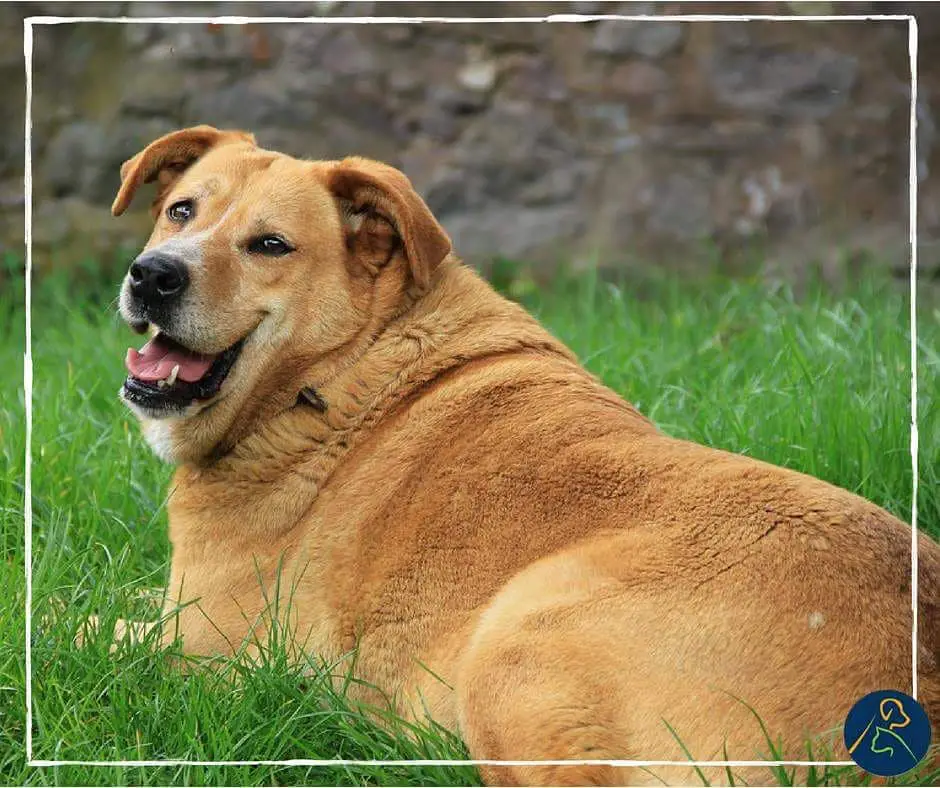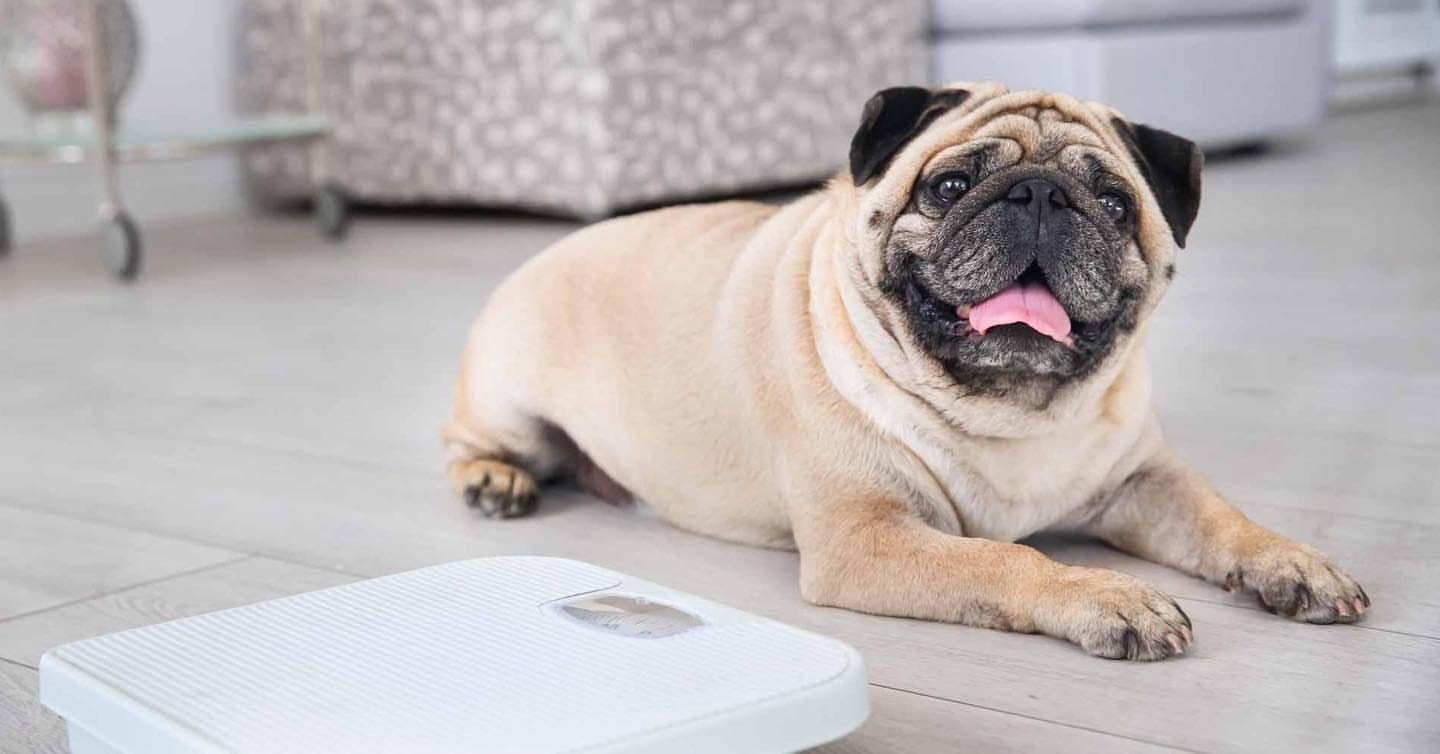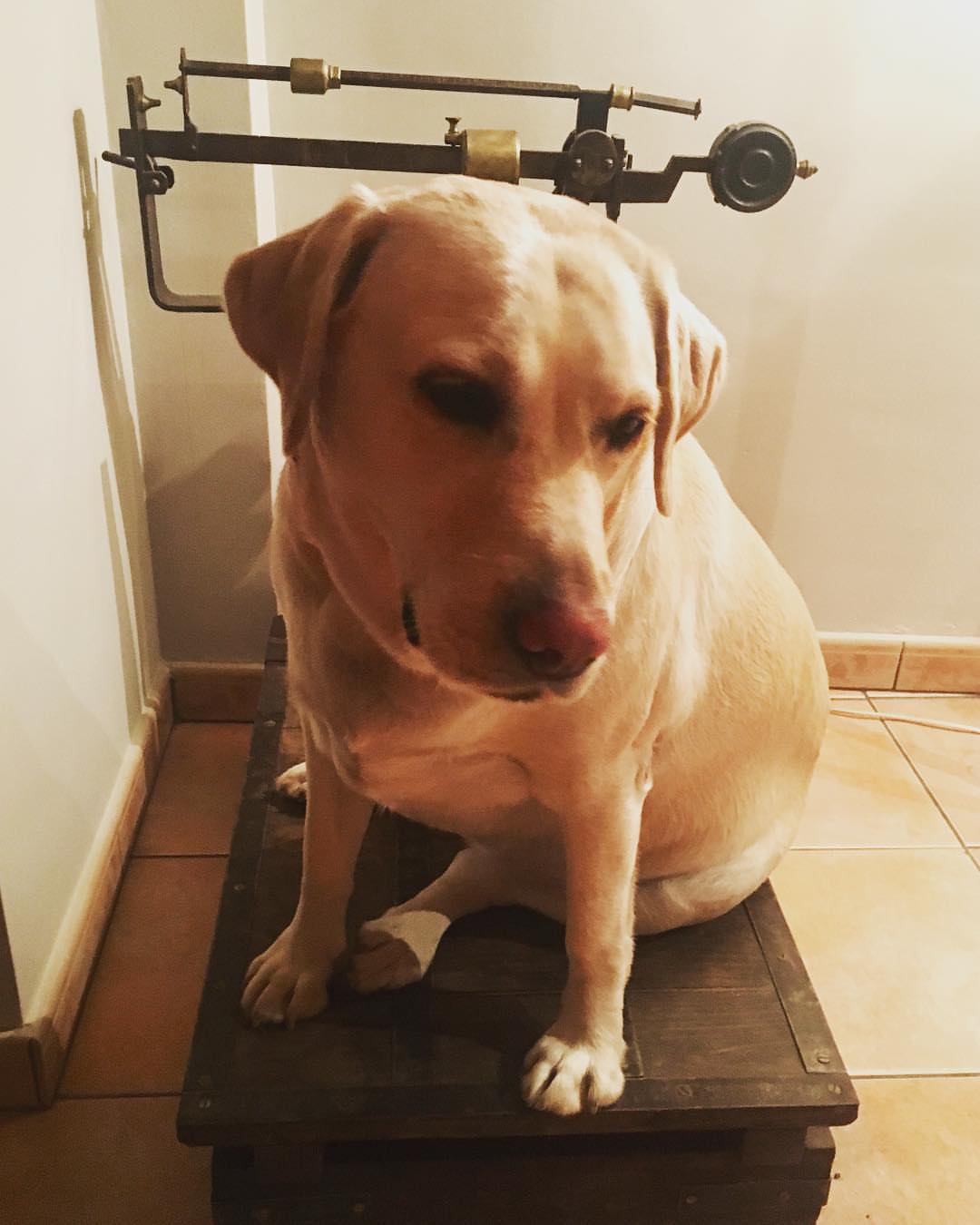Could it be that my dog is obese but not eating enough?
Common overweight problems in dogs can be caused by too much food, high-carb foods, obesity, chronic health issues such as high blood pressure, heart disease, certain tumors, and aging. Weight gain can also be caused by hypothyroidism and other issues like pregnancy, fluid retention, or prescription drugs. The Association of Pet Obesity reports that more than half of American dogs are obese or overweight. This puts them at higher risk of developing arthritis and shorter life expectancies.

An overweight dog can lead to other health issues. Some of the most common problems associated with overweight dogs include high blood pressure, heart disease, and certain cancers.
The formula is the same for humans as it is for animals. To prevent weight gain, the calories burnt must be equal to or lower than the calories eaten. It works for you and your pet.
You may like: Canadian marble fox
What are overweighting problems in dogs?
An extra pound can be costly. It can harm your friend’s health and even his life quality. Dogs who gain more weight are more likely to experience pressure on their organs, just like humans. Overloaded organs can lead to disease and even death. These potentially dangerous health conditions are more likely in overweight dogs.
- arthritis
- Diabetes
- breathing difficulties
- Respiratory disease
- Cancer
- High blood pressure
- Joint injuries
Also, overweight four-legged companions will have a shorter life expectancy. It is essential to know if your dog has been overweight and what factors could have caused it. Also, learn how to help your dog lose weight to regain their total health.
How do I know if my dog’s overweight?
There are many ways to tell if your dog has a weight problem. If your dog can’t feel their ribs anymore when you touch them, it could be overweight or obese.
To check if your dog is within a healthy weight range, you can use our dog’s body condition score chart or BMI (body mass indicator) calculator.
Your vet can also tell you if your dog has excess weight and suggest a weight loss plan that suits your dog’s needs.

Common overweighting reasons in dogs
Obesity is a serious problem in pets as in humans. The extra weight can put a strain on your cardiovascular system and increase the risk of injury from exercise.
Your pet’s weight problems can be controlled by properly controlling their food intake and exercising. It is essential to show some self-control when giving your pet treats and snacks, especially at the table.
Your veterinarian should examine your pet before you give him a proper diet. Your veterinarian may need to perform blood tests to assess your pet’s organ systems and metabolic status. This includes her thyroid levels. Your veterinarian will prescribe medication for your pet if she has low thyroid levels.
Your veterinarian will establish a goal weight and possibly start her on a controlled diet program. You should only feed this amount.
It is a good idea to weigh your pet once a week or twice a week to monitor her progress. Regular exercise will help your pet reach her weight goals faster. Remember that your pet’s diet plan must be implemented with the entire family’s support.
You may like: What is average weight of a beagle?
Dog Food Too High in CarboHydrates
Some dog foods marketed to seniors or overweight can lead to weight gain. The calorie count can be reduced by removing fat or protein and increasing carbohydrates. This will cause an increase in insulin production and a rise in body fat. To satisfy your dog’s appetite and keep them lean, you should search for food with higher protein content and lower carbohydrate count.
Aging
Dogs lose muscle mass with age, just like people. A slower metabolism leads to a loss in muscle mass and fat gain. High protein diets can slow down or delay muscle loss. Your dog should be active and healthy in old age. Talk to your Vet if you feel your dog is losing its quality of life.

Not Enough
Dogs that need more exercise are most likely to gain weight.
Many factors determine the optimal amount of exercise your dog will need, such as breed, age, size, and other factors. Your dog should get between 20 and 60 minutes of exercise daily.
Be careful. Don’t run a 4-mile race if your dog hasn’t been active. Talk to your vet for advice and a checkup, then begin the new exercises slowly.
Chronic Illness
Cushing’s Disease (hyperadrenocorticism)
Chronic issues like Cushing’s Disease (hyperadrenocorticism) or hypothyroidism can also cause weight gain in dogs.
Cushing’s Disease occurs when a dog’s adrenal glands produce too much cortisol. Cortisol, a chemical that aids dogs in controlling their weight, fighting infection, responding to stress, and managing their blood sugar, is known as Cushing’s Disease. Cushing’s Disease symptoms include excessive hunger, thirst, and heavy panting. Hyperadrenocorticism’s treatment varies; you may suggest adrenal-suppressing drugs or surgery to remove an adrenal tumor.
You may like: Australian shepherd puppy feeding chart
Hypothyroidism
Hypothyroidism, or an underactive thyroid, can cause weight gain in your dog. Moreover, Hypothyroidism is more common in breeds such as the Doberman Pinschers and Golden Retrievers.
Also, Hypothyroidism can cause decreased appetite, fatigue, nausea, vomiting, skin problems, hair loss, and reduced tolerance for exercise. Hormone replacement therapy can be used to treat hypothyroidism.

Hip Dysplasia
Another common condition is Hip Dysplasia. Hip Dysplasia symptoms include limping, difficulty climbing stairs, and difficulty getting in and out of a car. If the hip area is touched, your dog may feel pain. You may notice your dog chewing or licking at the hip. These symptoms may be present in your dog. Consult your vet if you notice these symptoms in your dog.
Weight gain may result from hip pain and inactivity. Additional weight can make Hip Dysplasia worse. In severe cases, your Vet might recommend surgery, pain medication, and massage therapy.
Pregnancy
This is the main cause of pot-bellied appearances and weight gain. Some pet owners don’t realize this until their litter of puppies arrives.
Unspayed dogs left alone in the yard for more than a few minutes can result in an unintended pregnancy.
You may like: everything you need to know about female rottweiler
Prescription Drugs
Weight gain can also be caused by prescription medications, especially if they are taken for a prolonged period. You cannot control your dog’s weight if they are on medication.
You should consult your Vet to determine if the weight gain may be related to the medication. To determine if your dog has other options.





